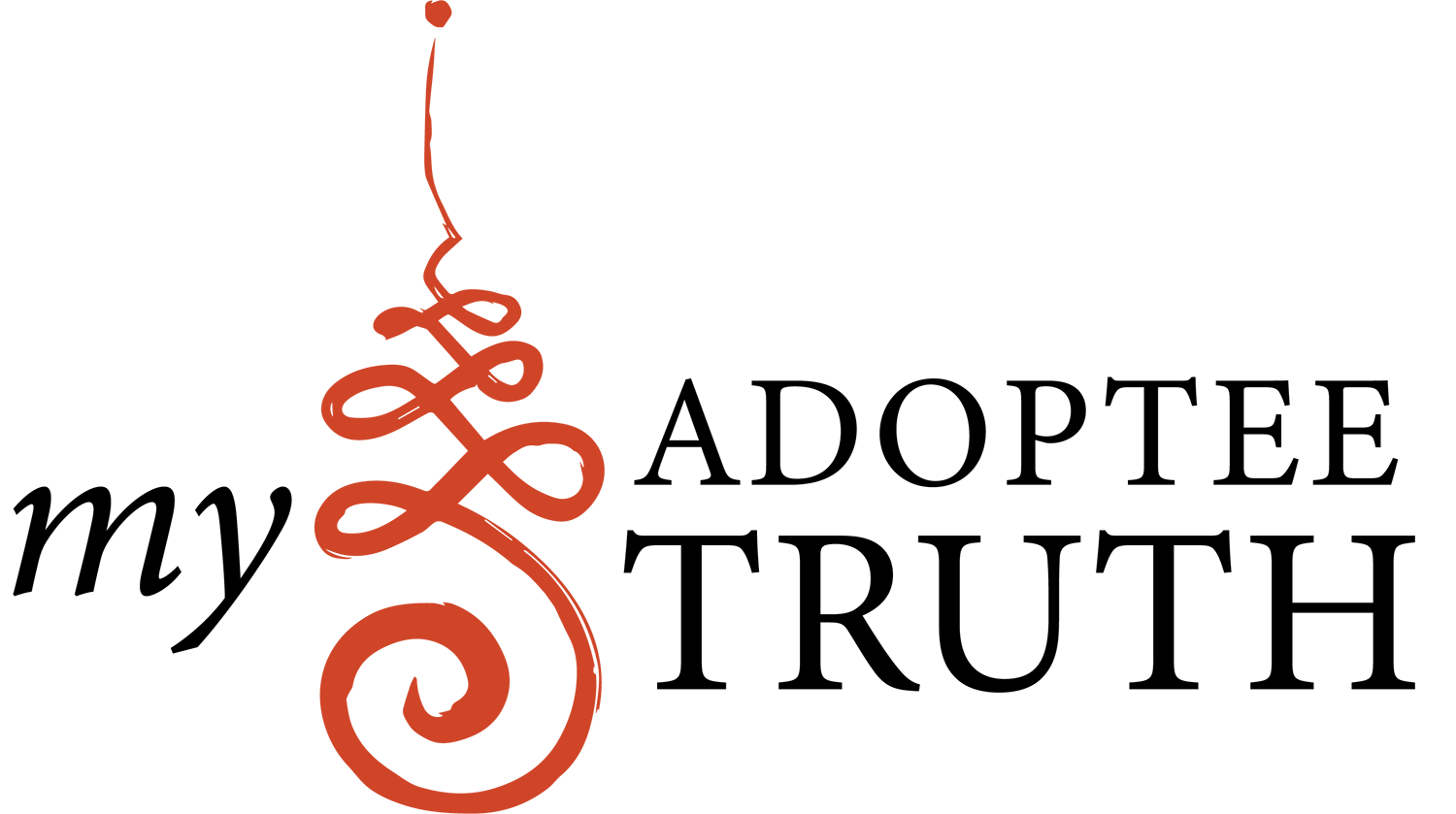Healing my hypervigilance…and so much more
In the beginning of Covid I was discussing a worry with my therapist. I said I could relax in 2 weeks when the window for something bad to happen closed. As I told my therapist about my anxiety and concern, she said that’s not how worry works.
“I wonder if this is hypervigilance, and it is an old coping mechanism from being adopted. Your body remembers how dangerous it felt when you were separated from your biological mom. Maybe this coping skill doesn’t serve you anymore. You are competent and capable and if something bad happens, you will handle it.”
For as long as I can remember, I have worried. I worried to control things. I worried about everything being perfect. I constantly scanned my environment, anticipating all the ways something could go wrong. I planned months and years in advance.
As I stared at my therapist through the zoom screen and she explained this hypervigilance and the source of it, my entire body relaxed and I said, “Are you kidding me?. You mean this is not my personality?” All I needed was her to name the hypervigilance for my body to settle – to regulate. Over the course of the rest of the day the hum disappeared. I was no longer worried, nervous or anxious. When I woke up the next morning, it was still gone. I literally walked around my house for the next couple of days waiting for it to return. I even walked into rooms looking for it. I kept checking my peripheral vision like it was going to pop out and latch onto me again. I asked my husband if this was how nonadopted people felt all the time.
From that moment forward, I have not been hypervigilant – even in the middle of a quarantine. It has been a remarkable change that allowed even more healing. “Losing” my hypervigilance gave me the space to also shed perfectionism and comparison.
I no longer compare myself, my kids or my life to other people. For myself, I do what makes me happy. I finally figured out that I’m allowed to choose myself first. For my kids, I appreciate how different they are from their peers and know they will be wildly successful in life because they know themselves so well and aren’t bowing to societal pressures.
I used to be obsessed with planning travel. My perfectionism and comparison were heightened when researching the “best” of every destination. Recently, I was reading the article “The Instagram capital of the world is a terrible place to be” by Rebecca Jennings. https://www.vox.com/the-goods/23388038/positano-travel-instagram
She talks about how the need for a perfect vacation is taking away from the places we visit and our experience. Thousands of people are getting the same recommendations for the “must dos” and it feels like if we don’t get the best hotel or restaurant reservations our time and money on the entire trip have been wasted.
This was me for sure. If a vacation couldn’t be perfect, we might as well not go at all. It took reading Jennings’ article to see how I used to be and how much I’ve changed. A small miracle to my family and close friends, I’m sure.
I wish I had never carried this burden of hypervigilance, but I’m happy to have let it go. That is why I wrote Goodbye Hypervigilance: Healing Adoptee Worry because I want other adoptees to learn the secret faster than I did. I want adoptive parents to know what separation from a biological mother can cause. I want adoptive parents to help name this for their child early in their lives so it can be healed before they are 40 years old. And I hope the book is helpful for therapists to guide clients on their healing journeys.
Goodbye perfectionism, comparison and hypervigilance. My body and life are calmer, healthier and more regulated without you.

